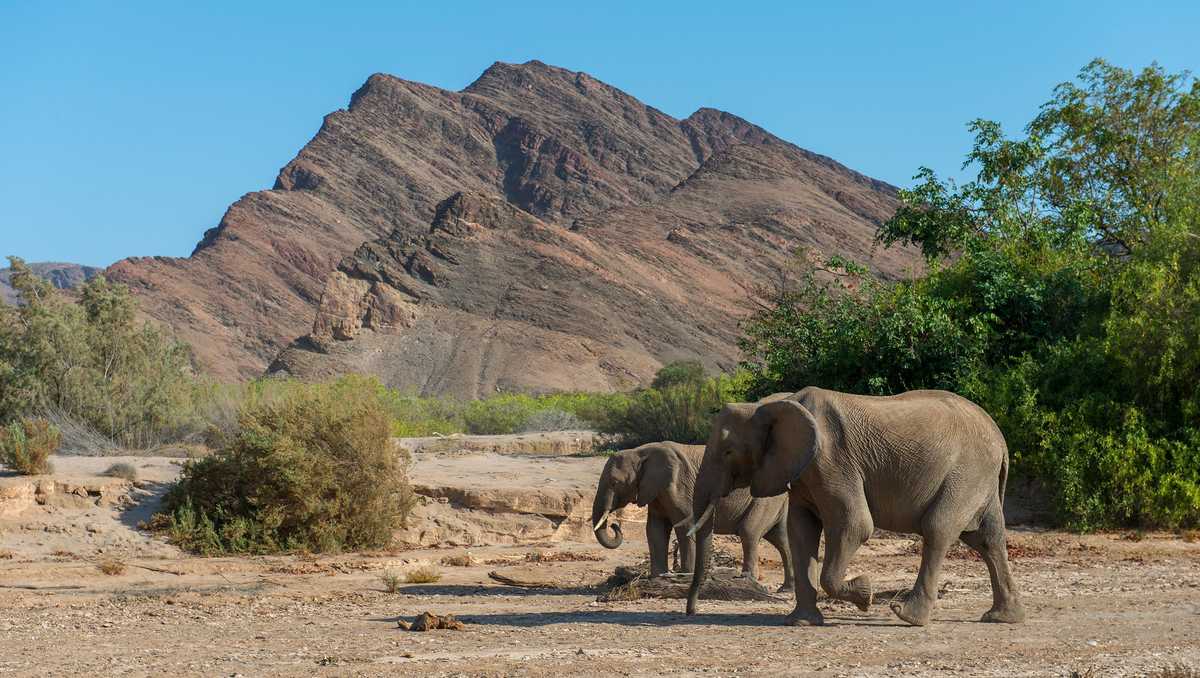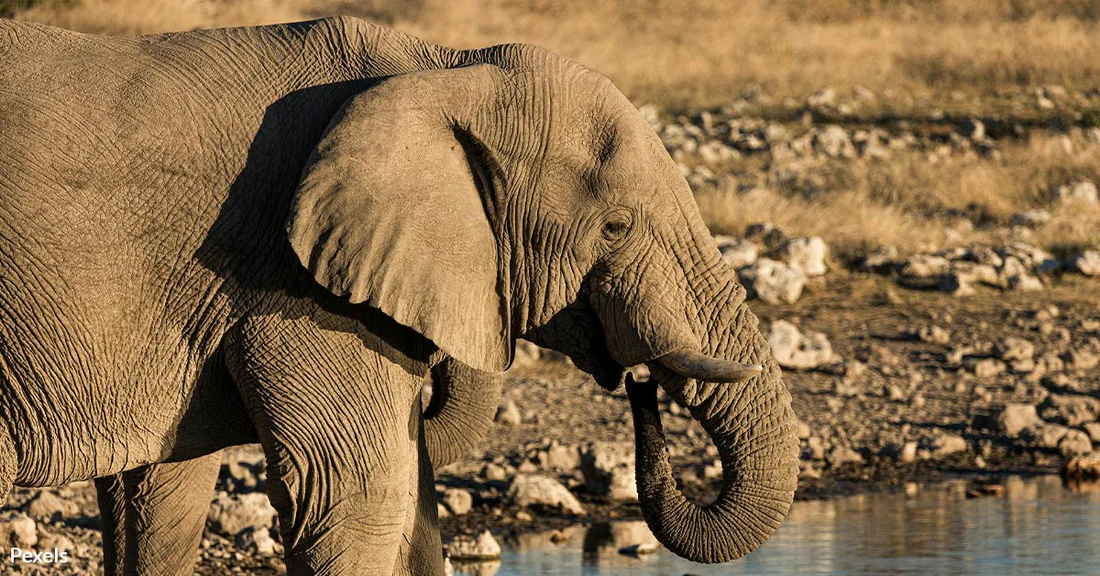In southern Africa, extreme drought conditions have led governments to implement drastic measures, including the culling of hundreds of wild animals to address acute food shortages among their populations. Namibia recently announced a cull of 723 animals, including 83 elephants, 30 hippos, and 300 zebras, while Zimbabwe followed suit by authorizing the killing of 200 elephants.
Officials argue that these actions are necessary to mitigate the impacts of the region’s worst drought in a century, alleviate pressure on land and water resources, and prevent escalating human-wildlife conflicts as animals seek food in human settlements.
The decision to cull these animals has sparked a fierce debate among various stakeholders. Conservationists have criticized the culling as both cruel and shortsighted, arguing that it sets a dangerous precedent for wildlife management.
The controversy escalated further with Namibia’s decision to allow trophy hunting, permitting wealthy tourists to hunt and retain the body parts of selected animals. This move has raised ethical concerns and called into question the motivations behind the government’s actions, leading many to wonder whether the well-being of wildlife is being sacrificed for economic gain.

Supporters of the culling counter that critics misunderstand the complexities of conservation, suggesting that some perspectives may be influenced by a form of neocolonialism that prioritizes wildlife over human needs.
They argue that, given the dire situation, the immediate needs of people facing severe food insecurity must take precedence. This tension highlights the broader challenges of conservation in a world increasingly affected by climate change, which has exacerbated drought conditions and complicated sustainable land management efforts.
The severity of the drought in southern Africa is alarming, with approximately 70 million people facing food insecurity due to failed crops and livestock deaths. Both Zimbabwe and Namibia have declared national disasters, highlighting the urgent humanitarian crisis.
Climate experts attribute the drought’s severity to El Niño, a natural climate pattern, while human-induced climate change exacerbates the situation. The United Nations has noted an unprecedented increase in droughts globally, emphasizing the need for sustainable practices that allow for responsible wildlife harvesting to help alleviate human suffering.
While the governments argue that culling will not threaten the long-term survival of wildlife populations, many experts are skeptical. They believe that such measures could disrupt ecological balance and potentially lead to increased human-wildlife conflict.
Critics also contend that the supposed overpopulation of elephants is exaggerated and that the root issues lie in poor land management and the encroachment of human settlements into wildlife habitats. This perspective suggests that better land use practices could mitigate conflicts without resorting to culling.
Finally, the culling strategy raises significant concerns about its long-term implications for wildlife conservation. Critics have described it as a “false solution” to hunger, asserting that it is misguided to rely on culling as a method for addressing food shortages. There is a fear that these actions might set a precedent for weakened international regulations on wildlife trade, including potential increases in ivory sales.
Government officials from Namibia defend their approach by arguing that critiques often fail to consider the unique challenges African nations face, highlighting a perceived double standard in global attitudes toward wildlife management. They assert that these difficult decisions are necessary to balance the needs of both humans and wildlife in the context of a changing climate.

